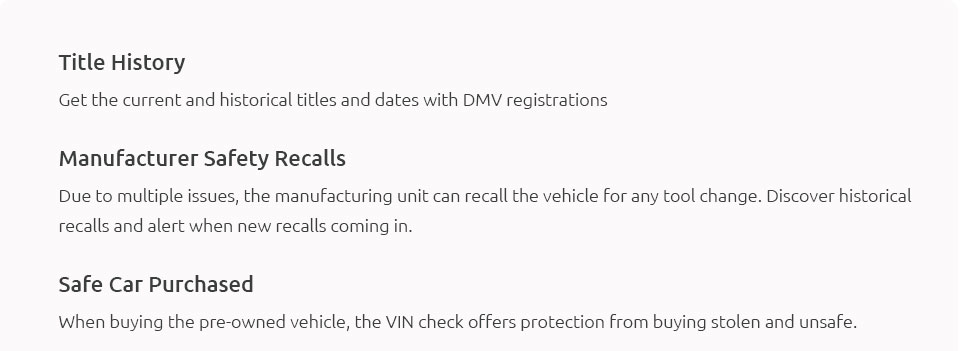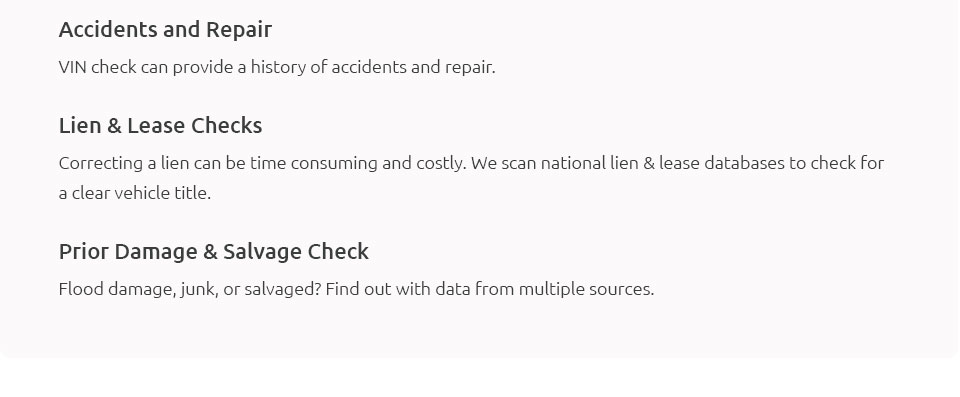 |
 |
 |
||
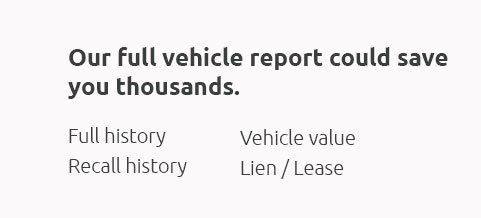 |
 |
|
 |
||
 |
 |
 |
 |
||
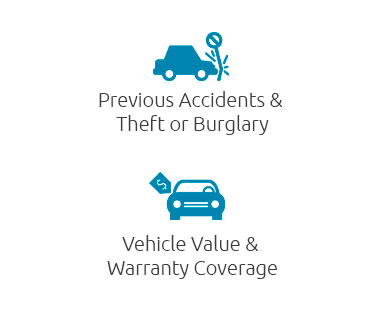 |
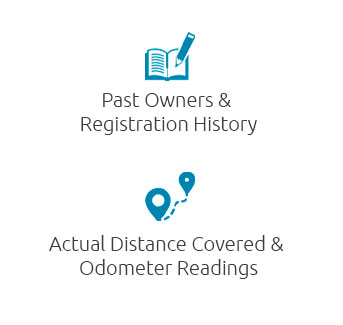 |
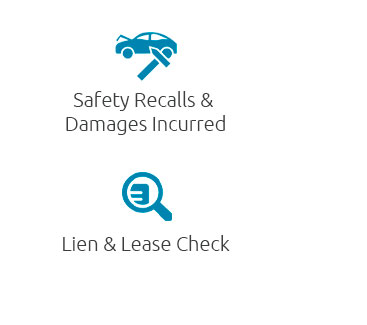 |
 |
 |
||||
|
||||
 |
|
e7pwd2rm06b How to Search Up a VIN Number: A Comprehensive GuideIn today's fast-paced world, where every decision is time-sensitive, knowing how to efficiently search for a Vehicle Identification Number (VIN) is an invaluable skill, particularly when you're on the verge of purchasing a used car or simply wish to know more about your vehicle's history. The VIN, a unique 17-character code, acts like a car's fingerprint, revealing a plethora of information about the vehicle. This guide will walk you through the process of looking up a VIN number with ease, ensuring you make informed decisions. First and foremost, it's crucial to locate the VIN, which is often found on the dashboard, visible through the windshield, or on the driver's side doorjamb. If you have access to the vehicle's documents, the VIN will also be listed on the insurance card, title, or registration. Once you've successfully located the VIN, you can proceed to the next step: the actual search. There are a variety of ways to search for a VIN, each with its own set of advantages. Online databases are the most accessible option, offering both free and paid services. Websites like the National Highway Traffic Safety Administration (NHTSA) provide basic information free of charge, such as vehicle specifications and recall history. However, if you're seeking a more in-depth report, including accident history and past ownership, investing in a comprehensive report from services like Carfax or AutoCheck might be worthwhile. These reports, though not free, offer a wealth of information that could potentially save you from a costly mistake. Another method involves visiting your local Department of Motor Vehicles (DMV). While this option may require more effort and possibly a small fee, it provides an official report that is both reliable and detailed. Furthermore, for those who prefer a personal touch, contacting the vehicle's manufacturer with the VIN can yield valuable information, particularly regarding recall notices and warranty details.
In conclusion, while searching for a VIN number might initially seem daunting, it is a relatively straightforward process once you know where to look and which resources to utilize. Having the right information at your fingertips not only empowers you as a consumer but also ensures that your investment is sound and well-informed. Whether you choose an online platform, a visit to the DMV, or direct communication with the manufacturer, each method offers its own unique insights, allowing you to delve deeper into your vehicle's past. Ultimately, the importance of conducting a thorough VIN search cannot be overstated, as it provides clarity and peace of mind in an often opaque world of automobile transactions. So, the next time you find yourself contemplating a vehicle purchase, remember this guide, and let the VIN be your guide to a smarter, safer decision. https://vinrcl.safercar.gov/
NHTSA's new search tool lets you enter a Vehicle Identification Number (VIN) to quickly learn if a specific vehicle has not been repaired as part of a safety ... https://dmv.vermont.gov/tax-title/vehicle-identification-number-vin
The National Highway Traffic Safety Administration's website offers two free VIN check tools that allow you to either decode your VIN or check ... https://www.mopar.com/en-us/my-vehicle/vin-lookup.html
The official Mopar VIN decoder allows you to better understand features of your new vehicle. Learn how to read your VIN, where to find it and how it works ...
|

